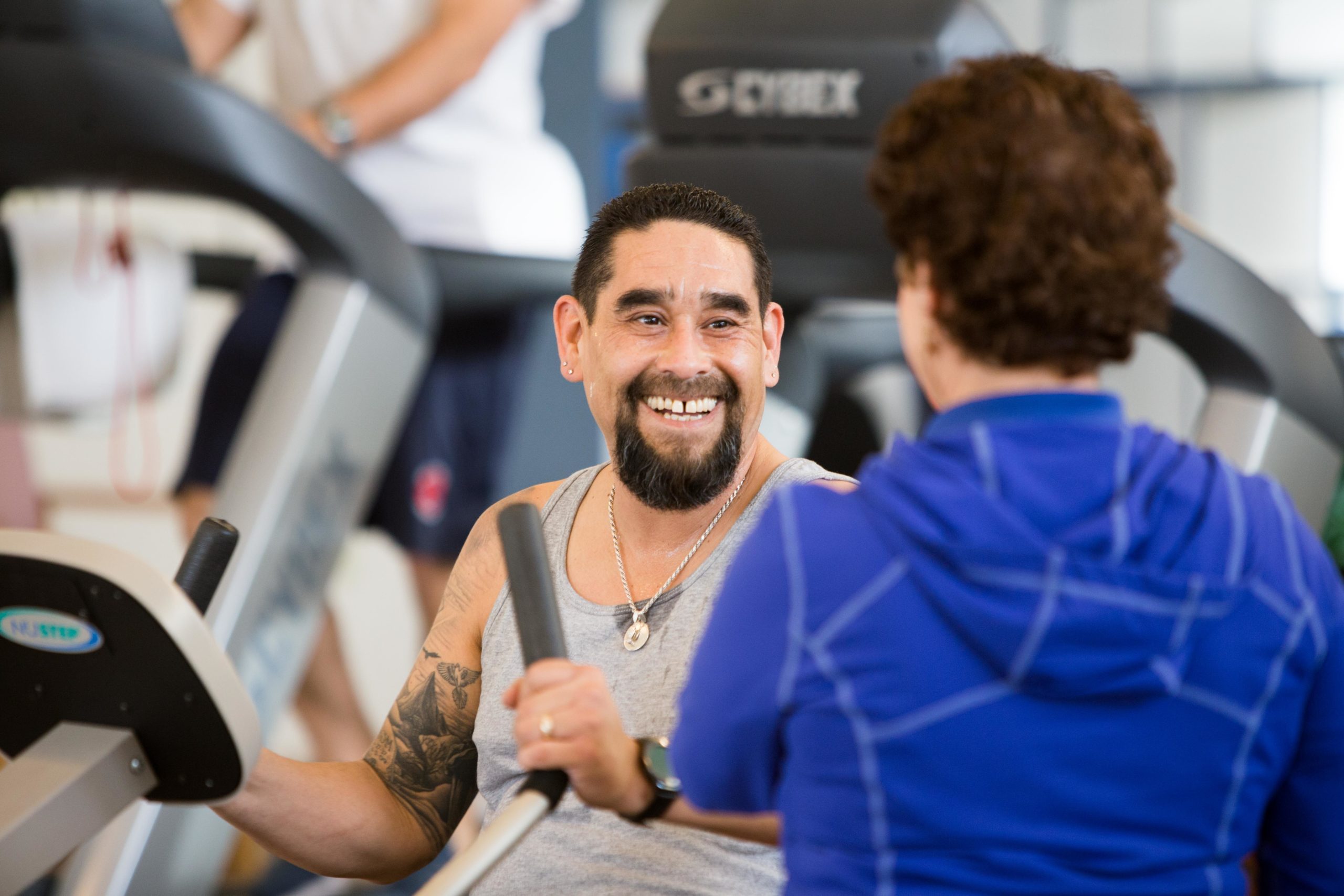Choosing the right doctor is one of the most important things you can do for your heart health. Cardiologists are trained to find, treat, and avoid heart diseases and conditions. Having a skilled and trusted specialist on your side can make a huge difference in your health journey. Here is a list of the most important things you should think about when picking a doctor for your needs.
- Understand Your Heart Health Needs
Before beginning your search for a cardiologist, it’s essential to understand your specific health requirements. Cardiologists specialize in various areas, from general cardiology to more niche focuses, like interventional cardiology, which treats complex heart conditions using catheter-based procedures, or electrophysiology, which addresses heart rhythm issues. Knowing your condition or any family history of heart issues can guide you toward a cardiologist whose expertise aligns with your needs.
- Seek Recommendations and Do Research
A great place to start is by asking for recommendations from your primary care doctor, who often has connections with reputable specialists. Friends, family members, or others who have dealt with similar heart conditions may also provide valuable referrals. Once you have a list of Denver cardiologists, research their backgrounds online, looking at their educational credentials, certifications, and areas of specialty. Review sites and patient testimonials can offer insights into a cardiologist’s bedside manner, communication skills, and office environment.
- Verify Board Certification and Credentials
Ensuring that your cardiologist is board-certified confirms that they have met rigorous standards in cardiology training and expertise. Board-certified cardiologists have passed exams from institutions like the American Board of Internal Medicine (ABIM) in the U.S., which indicates that they are up-to-date on current practices in cardiovascular health. Credentials provide reassurance that the specialist is well-qualified to handle your care with up-to-date methods and knowledge.
- Evaluate Experience with Your Condition
Experience is a valuable asset in any medical field, especially cardiology. Cardiologists with more experience in treating a specific condition tend to deliver better outcomes. If you need a specific procedure, such as a cardiac catheterization or a complex heart surgery, ask the cardiologist how many times they have performed that particular treatment and what their success rates are. The more experience a cardiologist has with your specific condition or procedure, the more confidence you can have in their ability to manage your heart health effectively.
- Consider Communication Style and Compatibility
Having a cardiologist who listens to your concerns, explains complex information in easy-to-understand terms, and respects your choices is essential for a healthy doctor-patient relationship. During your initial consultation, pay attention to how the cardiologist communicates. Do they welcome your questions? Are they attentive and thorough in their responses? A cardiologist who listens carefully and values your input can make you feel more comfortable and supported in your healthcare journey.
- Assess the Hospital’s Reputation and Quality
The hospital where your cardiologist works can have a big effect on the level of care you get. Research the hospital’s cardiac care ratings and its reputation in areas like patient safety, technology, and surgical outcomes. Facilities with a solid reputation for cardiac care and advanced technology can often provide better overall care. Additionally, if you require hospitalization or surgery, being at a reputable facility ensures that you will receive optimal treatment from a team that is experienced in handling complex heart conditions.
- Understand Insurance Coverage and Out-of-Pocket Costs
Cardiology procedures and treatments can be expensive, so it’s important to know what your insurance covers so you don’t have to pay extra. Verify that the cardiologist is within your health insurance network, as out-of-network treatments can lead to higher out-of-pocket costs. You should also talk about how to pay for procedures that your insurance might not fully cover, especially if you choose an expert who isn’t in your plan’s network.
- Prioritize Convenience and Accessibility
Location and accessibility should not be overlooked, especially if you anticipate needing frequent visits or follow-up care. A conveniently located cardiologist can make it easier to attend regular check-ups and appointments, which is crucial for ongoing heart health monitoring. Check the cardiologist’s office hours, availability for emergencies, and whether telemedicine options are available for remote consultations.
- Trust Your Instincts
Ultimately, your comfort with your cardiologist is key. If you feel uneasy or if something doesn’t feel right during your interactions, don’t ignore those feelings. The best cardiologist is one who makes you feel confident and reassured about your heart health journey. If you trust your gut, you can find a cardiologist who not only has the right skills but also has the kindness and understanding to fully help you.
Conclusion
Choosing the right cardiologist is a personal decision that requires careful consideration of qualifications, experience, communication style, and practical logistics. By taking the time to research and assess potential cardiologists, you can find a trusted partner to guide you through your heart health journey, offering the expertise and compassion needed to ensure you live a long and healthy life. Prioritize your health by selecting a cardiologist who meets your needs and empowers you to take control of your heart health with confidence.

